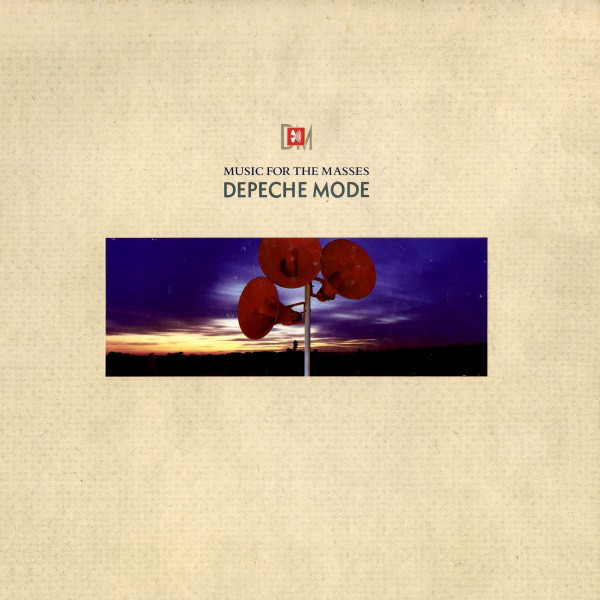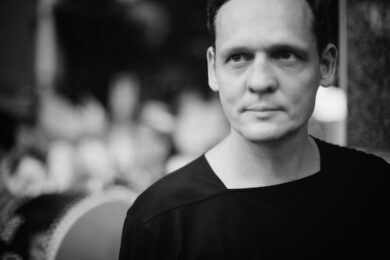13. Depeche ModeMusic For The Masses

Depeche was super important, it’s kind of difficult to describe why. They were somewhere in between pop music and more experimental stuff. They were teenagers at the same time as me, and maybe this sounds ridiculous, but you could almost compare them to a boy band – the same age as you, expressing exactly what you think. I was a bit unsure of which album I would choose. I listen more to their first two records, but I went with Music For The Masses because of the sampling, the Neubauten influences, and maybe also because this was released during the period during which they started dressing all in black. It made them look less like slick, pop musicians; this was their darker period. They had a huge impact on my generation in East Germany and really became icons, even though they didn’t perform so much. I think they still have a huge following from that generation.
If you listen to their catalogue today, you might be surprised that they became so successful. Their songs aren’t so uplifting, and they aren’t really designed as pop music. Maybe they sounded more like pop on the first record [Speak & Spell] with Vince Clarke. After that they grew a lot and their sound became darker and darker – they became much more interesting. Martin Gore was very interested in electronic music, and along with Daniel Miller, who was always involved in production, loved German techno music. There is a connection there, too.
This was pop music, but a kind of pop music that you would still talk about – I wasn’t so interested in more conventional pop at this time. For me, all the Depeche albums were on heavy rotation for me. Music For The Masses wasn’t just a listening album, but you’d also hear it when you went out to dance.


